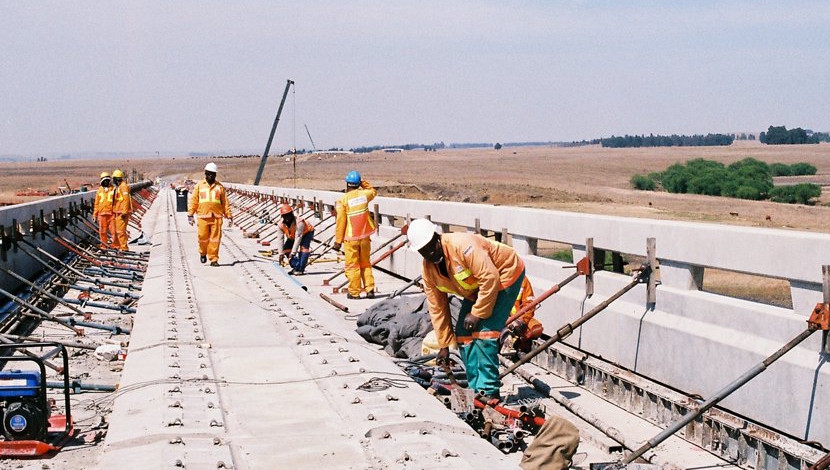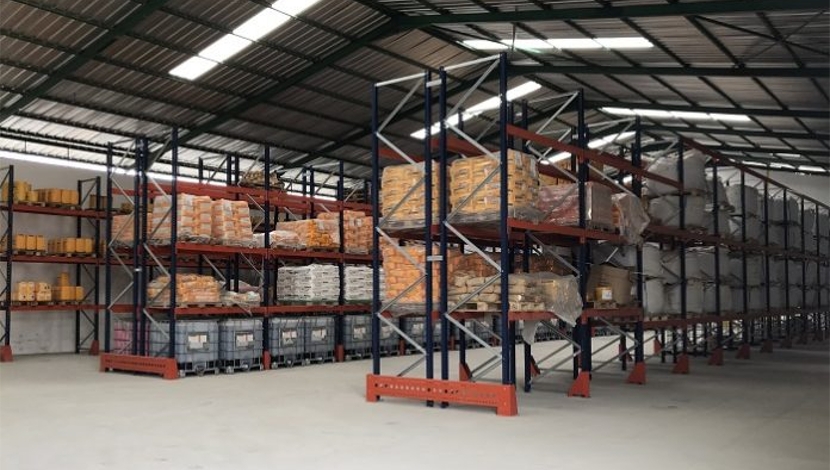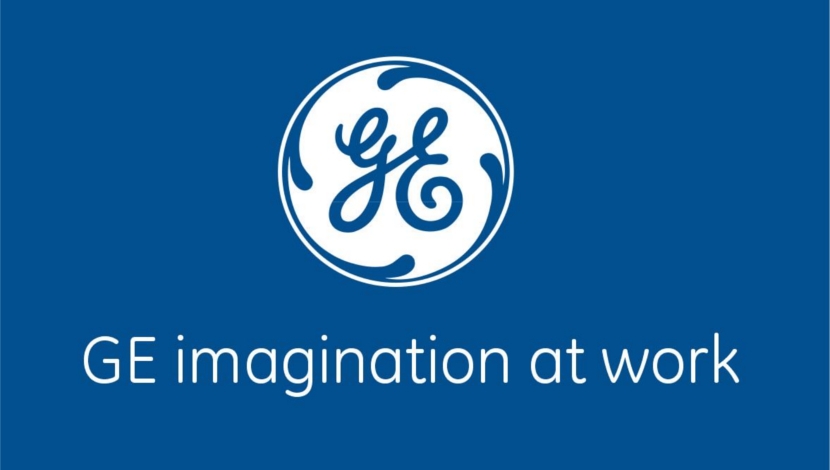

The structures and earthworks for State-owned power utility Eskom’s Majuba rail project, in Mpumalanga, are 98% and 96% complete respectively, with 55% of formation ready for track laying, said construction and engineering group Aveng Grinaker-LTA earlier this month.
Most of the site has been handed over to Aveng Rail, which is installing the rail, with engineering and construction company Ircon installing the overhead traction equipment lines and signalling.
“We expect to complete the project in August,” says Aveng Grinaker-LTA contract director Allan McCormack, adding that “once the rail is commissioned, coal supply to the Majuba and Tutuka power stations will be secured at 21- million tonnes a year
The Majuba rail project is a component of the Eskom Road-to-Rail Initiative, with the construction of a railway line linking Majuba power station to Ermelo, Mpumalanga. The 68-km corridor is the first large greenfield freight rail infrastructure project to be carried out in South Africa since 1986 and will be operated by Transnet Freight Rail.
The initiative aims to ensure security of coal supply at the Majuba, Tutuka, Camden, Grootvlei, Kendal and Hendrina power stations to cater for a throughput potential of 32-million tonnes a year of coal by rail.
Aveng Grinaker-LTA’s civil engineering division was awarded the main civil construction and earthworks contract for the project in January 2013; construction activities started in March that year.
The structures to be constructed in the project include 96 culverts, nine cattle creeps, 32 agricultural underpasses and overpasses, 18 bridges, one service duct and 40 cattle grids.
Aveng Grinaker-LTA, an operating group of Aveng, is responsible for all construction activities required to get the formation ready for the laying of sleepers and track. These include 1.06-million cubic metres of layer works, 1.2-million cubic metres of blasting in cuttings, 2.4-million cubic metres of unsuitable material spoiled and 2.8-million cubic metres of bulk fill.
Aveng Grinaker-LTA achieved a significant milestone of three-million work hours without a lost-time injury (LTI) at the Majuba project in February, which translates into a lost-time- injury frequency rate (LTIFR) of zero. This achievement preceded another significant milestone of one year without an LTI on February 14.





